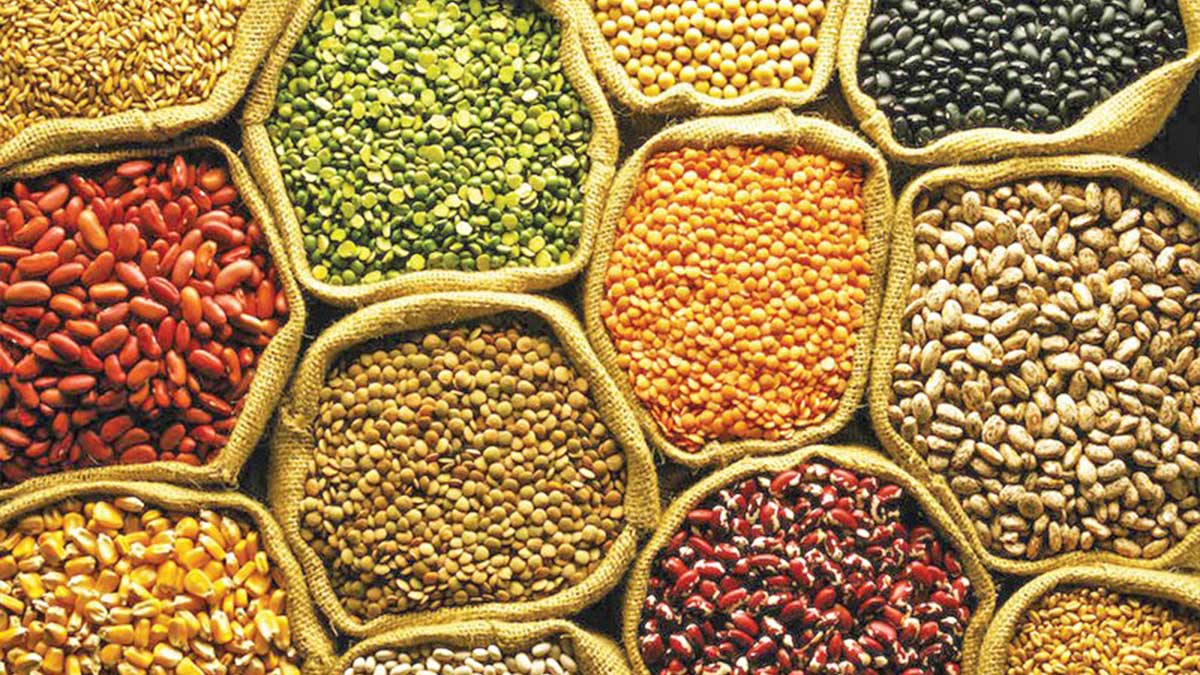Low quality seeds, lack of cold facilities, farm mechanization, trained manpower, post-harvest management, processing industries, and agriculture platforms are the main hurdles in the agriculture development of Pakistan, said Syed Fakhar Imam.
The Federal Minister for Food Security and Research, said while addressing an international conference on “Best practices for building sustainable food in OIC region on Wednesday. The conference was organized by the Islamic Organization for Food Security (IOFS) in collaboration with various international research organizations to discuss issues and challenges, the members of OIC have been facing.
The Minister said that in spite of the availability of the best soil and irrigation system, Pakistan could not develop its agriculture sector. During the address, he said, “Under the dynamic leadership of Prime Minister, Imran Khan, the government has prioritized agriculture sector and initiated working to diversify the sector by enhancing focus on high-value horticulture crops, oilseeds, and pulses.”
Read more: China to install phytosanitary facilities, build agriculture institutes in Pakistan
Sharing the efforts of the government, it is doing for improvement of the agriculture sector, he said that the government was striving hard to improve the livestock breed, water conservation, and farm mechanization in the country. The government is supporting the farmers by ensuring quality seeds of improved variety, providing the farm machinery at cheaper rates.
Fakhar Imam told the session that as a result of good agriculture policies, the production of wheat, rice, maize, and sugarcane has reached a high level during the outgoing fiscal year which proved to be a remarkable year for the agriculture sector in Pakistan. As a result, the government will not be bound to depend upon the import of agricultural products next year.
The minister further said that the exports of the agriculture products have also been enhanced which helped the government to raise the level of foreign exchange. He informed the session that all provinces of the country are also being engaged in building a sustainable food system in the country.





















